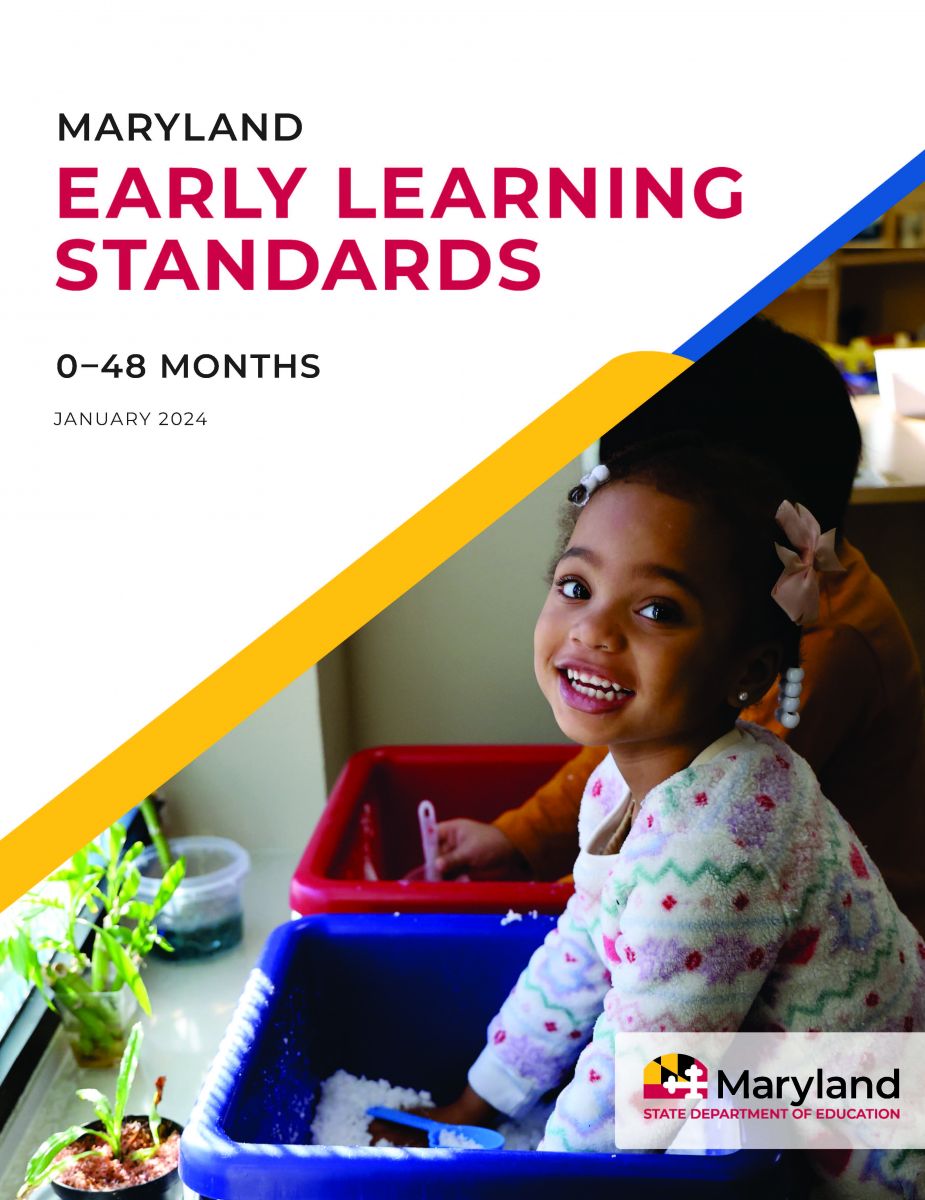 Maryland’s Early Learning Standards define the key aspects of development for children from birth through Pre-K (4-year-old) entry, serving as the backbone of the state’s educational framework. These standards reflect a commitment to inclusivity and diversity, addressing the varied needs of all children. They are aligned with the College & Career Readiness Standards and the Blueprint for Maryland’s Future, ensuring a seamless integration with MSDE’s broader educational objectives. The standards provide clear guidance for educators to create developmentally appropriate learning experiences, while also empowering families to actively engage in their child’s education through transparent communication and meaningful partnerships.
Maryland’s Early Learning Standards define the key aspects of development for children from birth through Pre-K (4-year-old) entry, serving as the backbone of the state’s educational framework. These standards reflect a commitment to inclusivity and diversity, addressing the varied needs of all children. They are aligned with the College & Career Readiness Standards and the Blueprint for Maryland’s Future, ensuring a seamless integration with MSDE’s broader educational objectives. The standards provide clear guidance for educators to create developmentally appropriate learning experiences, while also empowering families to actively engage in their child’s education through transparent communication and meaningful partnerships.
The standards are structured around five comprehensive domains and take into account diverse populations of children, such as those with disabilities, early multilingual learners, and those experiencing homelessness.
The Five Domains
- Social-Emotional Development
- Approaches to Learning
- Language and Literacy
- Early Cognition and STEAM
- Physical Well-being and Motor Development
The standards are applicable across various early childhood settings, including family homes, schools, and centers.
Learn more about the Maryland Early Learning Standards and where they come from:
How many of Maryland’s young children are ready for kindergarten?
Nearly half of entering kindergarteners (47%) in school year 2018-2019 demonstrate the foundational skills and behaviors that show they are prepared for a kindergarten curriculum based on Maryland’s rigorous standards.
You can dive deeper into the data in The Kindergarten Readiness Assessment Report (PDF) and The Comprehensive Assessment System Report (PDF).

